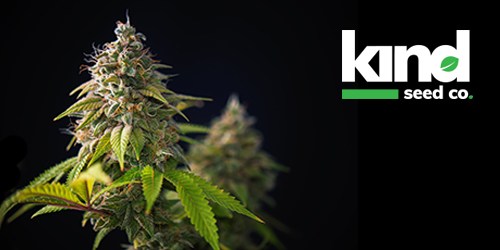Administering marijuana-derived CBD significantly reduces opioid cravings in animals, according to a new study published in the journal Addiction Neuroscience.
 For the study researchers from Washington State University and Legacy Research Institute in Portland examined the efficacy and safety profile of vaporized CBD in female rates. They found that rats provided with CBD were less likely to self-administer morphine.
For the study researchers from Washington State University and Legacy Research Institute in Portland examined the efficacy and safety profile of vaporized CBD in female rates. They found that rats provided with CBD were less likely to self-administer morphine.
“The ability of WPE [whole-plant marijuana extract] to reduce opioid reward and drug seeking behavior appears quite robust and of great clinical utility,” states the study.
Researchers claim that “these results suggest that although high-CBD vapor has modest analgesic effects, it has a robust safety profile, no abuse potential, and it significantly reduces opioid reward”.
The study states “Despite the fact that chronic pain is more prevalent in women, the ability of inhaled high-CBD WPE to relieve pain and reduce opioid reward has not been studied in females. Here, we present a comprehensive analysis of high-CBD WPE vapor inhalation in female rats.”
Researchers found that “WPE inhalation prevented morphine-induced conditioned place preference and reinstatement. Similarly, WPE exposure reduced fentanyl self-administration in rats with and without neuropathic pain.”
The study’s full abstract can be found below.
Chronic pain patients report analgesic effects when using cannabidiol (CBD), a phytocannabinoid found in whole-plant cannabis extract (WPE). Several studies suggest that cannabis-derived products may serve as an analgesic adjunct or alternative to opioids, and importantly, CBD may also attenuate the abuse potential of opioids. Vaping is a popular route of administration among people who use cannabis, however both the therapeutic and hazardous effects of vaping are poorly characterized. Despite the fact that chronic pain is more prevalent in women, the ability of inhaled high-CBD WPE to relieve pain and reduce opioid reward has not been studied in females.
Here, we present a comprehensive analysis of high-CBD WPE vapor inhalation in female rats. We found that WPE was modestly efficacious in reversing neuropathy-induced cold allodynia in rats with spared nerve injury (SNI). Chronic exposure to WPE did not affect lung cytoarchitecture or estrous cycle, and it did not induce cognitive impairment, social withdrawal or anxiolytic effects. WPE inhalation prevented morphine-induced conditioned place preference and reinstatement. Similarly, WPE exposure reduced fentanyl self-administration in rats with and without neuropathic pain. We also found that WPE vapor lacks of reinforcing effects compared to the standard excipient used in most vapor administration research. Combined, these results suggest that although high-CBD vapor has modest analgesic effects, it has a robust safety profile, no abuse potential, and it significantly reduces opioid reward in females. Clinical studies examining high-CBD WPE as an adjunct treatment during opioid use disorder are highly warranted.



